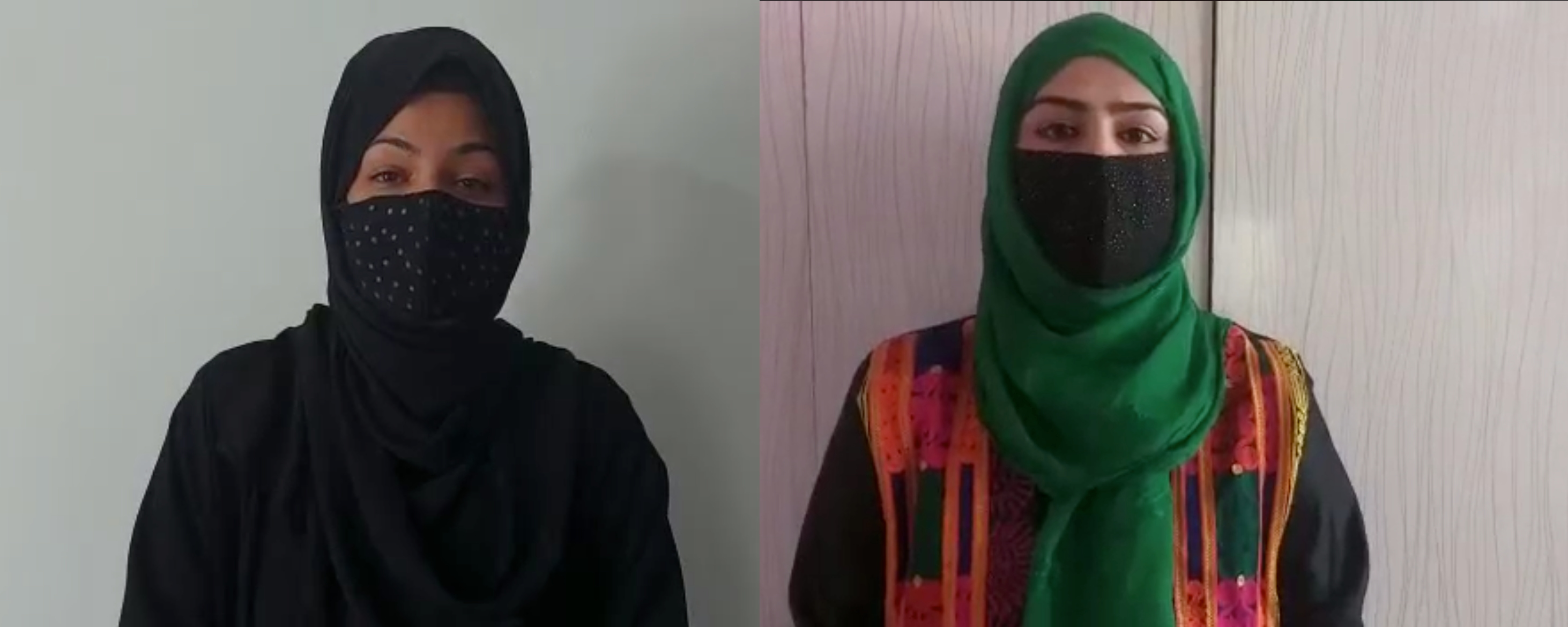On May 7, the Taliban issued a decree requiring Afghan women to wear the face-covering burqa or niqab at all times in public. The ruling, which said women should ideally not leave their homes at all, marks a further step back to the draconian conditions that women and girls faced under the Taliban in the 1990s, when they were deprived of the right to work or be educated. It made headlines around the world, and has sparked outrage in Afghanistan, where some women took to the streets to protest – a highly courageous move in a country where protesters have been beaten and in some cases abducted from their homes.
Yet the global response has been muted. The plight of women in Afghanistan was one of the key justifications for the 2001 invasion that ousted the former Taliban regime following the September 11 al-Qaeda attacks on the United States, but it now seems to generate little interest. As an Afghan journalist, I often struggle to engage the mainstream media in Afghan women’s voices and their suffering. It can feel like Afghanistan and Afghan women were forgotten when the last American soldier left the country.
Women in Afghanistan are now banned from almost all jobs; from secondary education, and from traveling without a male chaperone. In some parts of the country, their faces cannot appear on television and their voices cannot be heard on the radio. Since returning to power in August last year, the Taliban have robbed Afghan women of their basic human rights, purely on the basis of their sex. Women are disappearing from society, and are being effectively imprisoned in their own homes.
A less well-covered aspect of the ruling is the consequences for those who fail to comply. The Taliban have made women’s male relatives and employers responsible for enforcing the restrictions and said they could lose their jobs or face jail if they fail to do so. Women’s rights activists have warned that could push up domestic violence in a country that already has some of the highest levels in the world. Nine out of 10 women in Afghanistan experience at least one form of domestic violence, according to the United Nations.
Not only does the new order subjugate half of Afghanistan’s population to the other half, it also makes earning a living impossible for women and girls, who are already bearing the brunt of the economic crisis and hunger in the country. But even as the world looks away, Afghan women are resisting. Hours after the announcement, I received videos and messages on my WhatsApp from a group of women in Afghanistan who filmed themselves carrying signs with slogans condemning the move. “Hijab is an excuse, misogyny is the plan”, read one. They also accused the international community of ignoring their suffering and failing to take concrete action to support women’s rights in Afghanistan. “The world criticizes and reacts to the Taliban, but its reaction doesn’t ease our pain,” one woman said in the video.
On Tuesday, three days after the new decree was announced, a group of women took to the streets and shouted: “Burqa is not our hijab” and “No to compulsory hijab.” They were taking a big risk. The Taliban regime has outlawed protests and has a track record of beating, threatening and intimidating protesters. In January and February, the homes of women who had come onto the streets to protest the Taliban regime were raided and some of them were abducted. The Taliban has denied involvement in the abductions, but it later released videos showing what appeared to be forced confessions by the activists that their protests had been supported by people outside the country.
None of that deterred Afghan women protesters from again coming onto the streets last week. But the new Taliban decree strips them of the very right to resist. It requires men to exert control over female family members – to prevent women from even leaving their homes.
Human Rights Watch analyst Heather Barr has called the situation “a women’s rights crisis like no other.” It means Afghan women need support and solidarity, and they need it now. They need the world to show an interest.


 Zahra Nader
Zahra Nader
